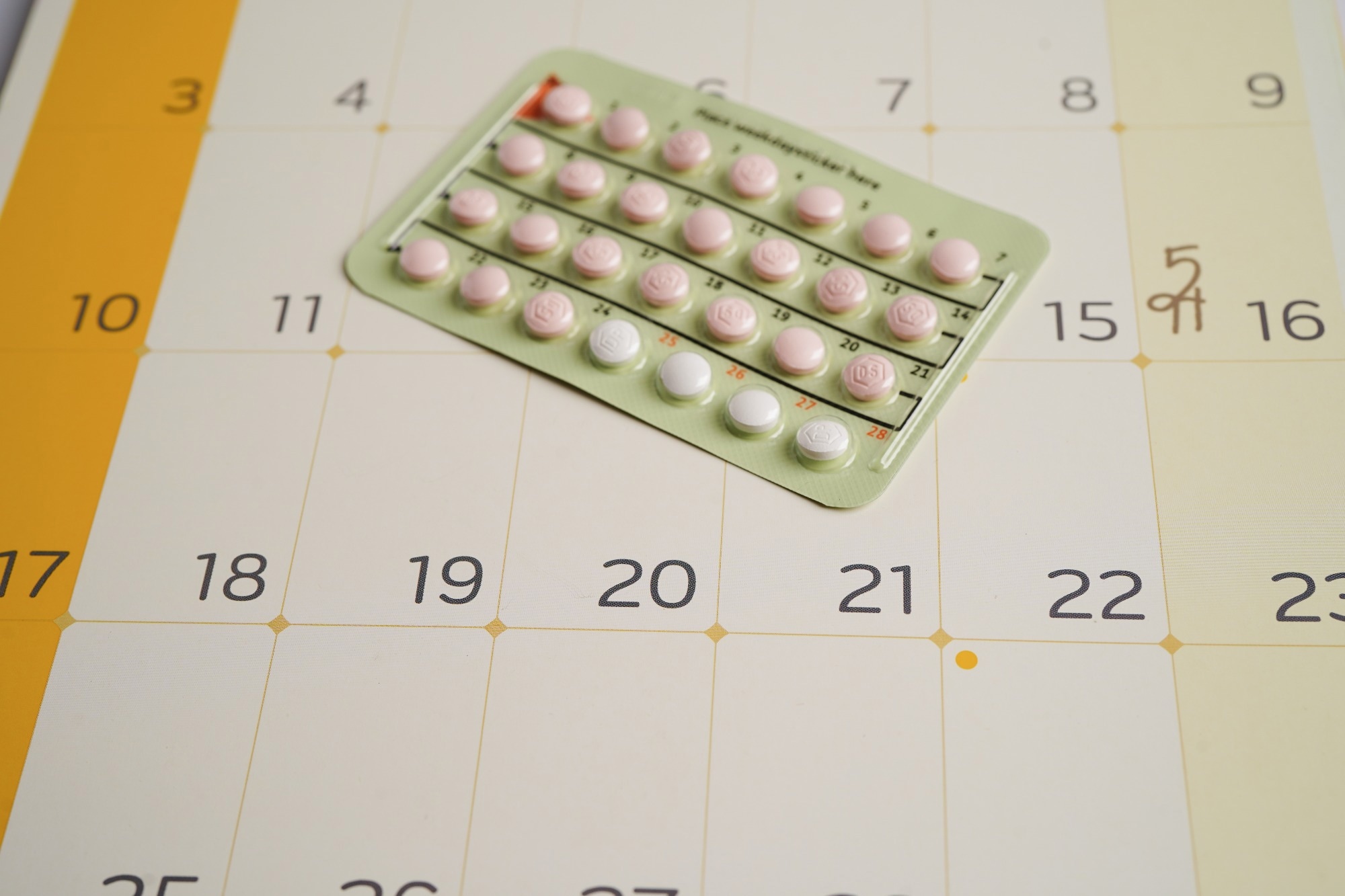New research explores whether routine hormonal contraception after childbirth may be quietly fueling a rise in postpartum depression — and what it means for millions of mothers.
 Study: Postpartum Hormonal Contraceptive Use and Risk of Depression. Image Credit: sweet_tomato / Shutterstock.com
Study: Postpartum Hormonal Contraceptive Use and Risk of Depression. Image Credit: sweet_tomato / Shutterstock.com
A recent study published in JAMA Network Open investigates whether the use of hormonal contraception (HC) increases the risk of postpartum depression.
Depression during the postpartum period
HC has previously been identified as a risk factor for depression. However, the impact of HC use on the development of depression during the postpartum period, which already increases the risk of mental health disorders, remains unclear.
Over the past 20 years, HC prescriptions during the postpartum period have risen, with the duration between delivery and the initiation of these medications becoming increasingly shorter. In fact, current estimates indicate that about 40% of mothers in Denmark will initiate HC within the first year after delivery.
This raises the issue of whether the routine practice of HC initiation in the postpartum period inflates the already heightened risk of depression.”
About the study
The current study obtained data from Danish national registries on all women who gave birth for the first time between January 1, 1997, and December 31, 2022. None of the women included in this analysis had a history of depression within the 24 months preceding delivery.
HC was stratified into combined oral contraceptives (COCs), combined nonoral contraceptives (CNOCs), progestogen-only pills (POPs), and progestogen-only nonoral contraceptives (PNOCs).
Increased depression risk among postpartum HC users
The cohort included 610,038 primiparous mothers, 41% of whom began using a form of HC within 12 months of childbirth. The mean age of HC users was 27.6 years as compared to 29.6 years for non-users.
Among women who were prescribed HC during the postpartum period, 24% used COCs, 1% CNOC, 11% POP, and 5% PNOC. Less than 1% of the study cohort was lost to follow-up.
Approximately 50% of women initiated HC use between seven and 10 weeks postpartum. Within 12 months of childbirth, 1.5% of women developed depression, with a crude rate of 21 depression cases for every 1,000 person-years in postpartum mothers prescribed HC as compared to 14 for every 1,000 person-years among non-users.
The absolute risk for postpartum depression among non-users was about 36% above the baseline risk. However, this risk increased to 54% above baseline with HC use, which equated to an 18% increase in absolute risk.
Overall, the risk of postpartum depression rose by 50% among HC users as compared to non-users during the first 12 months after childbirth. This increased risk was observed when all types of HC were considered, except for POPs. When POPs were examined, an initial reduction in depression risk was followed by a late rise in depression rates after eight months postpartum.
After adjusting for lifestyle, sociodemographic factors, and smoking, a 72% increased risk of developing depression was observed for women prescribed COCs, whereas CNOCs like vaginal rings and patches increased the risk of developing depression by 97%. The risk of depression was also higher by 40% among women prescribed PNOCs like implants, depot injections, and levonorgestrel-releasing intrauterine systems (LNG-IUS).
Women with no history of mental illness were 63% more likely to develop postpartum depression as compared to 32% of women who had a history of mental health issues.
The timing of HC initiation was also inversely related to the rate of depression. Depression rates increased over the first seven months among those who started HC early compared to non-users.
Conclusions
The early postpartum period may be an especially vulnerable time for depressive changes in women. This association is multifactorial, as the postpartum period is often accompanied by extreme changes in hormone levels, combined with various psychological stressors during this period.
In the current study, the risk of developing depression was observed for all types of HC, except for POPs. Women who breastfeed during the postpartum period are often advised to take progestogen-only contraceptives, as combined hormonal contraceptives can have a negative impact of lactation. Thus, additional research is needed to determine whether the current study findings are affected by selection bias and elucidate the role of breastfeeding in the risk of developing depression postpartum.
These findings raise the issue of whether the incidence of depression postpartum may be inflated by routine HC initiation, which his important information to convey at postpartum contraceptive counselling.”
Journal reference:
- Larsen, S. V., Ozenne, B., Mikkelsen, A. P., et al. (2025). Postpartum Hormonal Contraceptive Use and Risk of Depression. JAMA Network Open. doi:10.1001/jamanetworkopen.2025.2474.